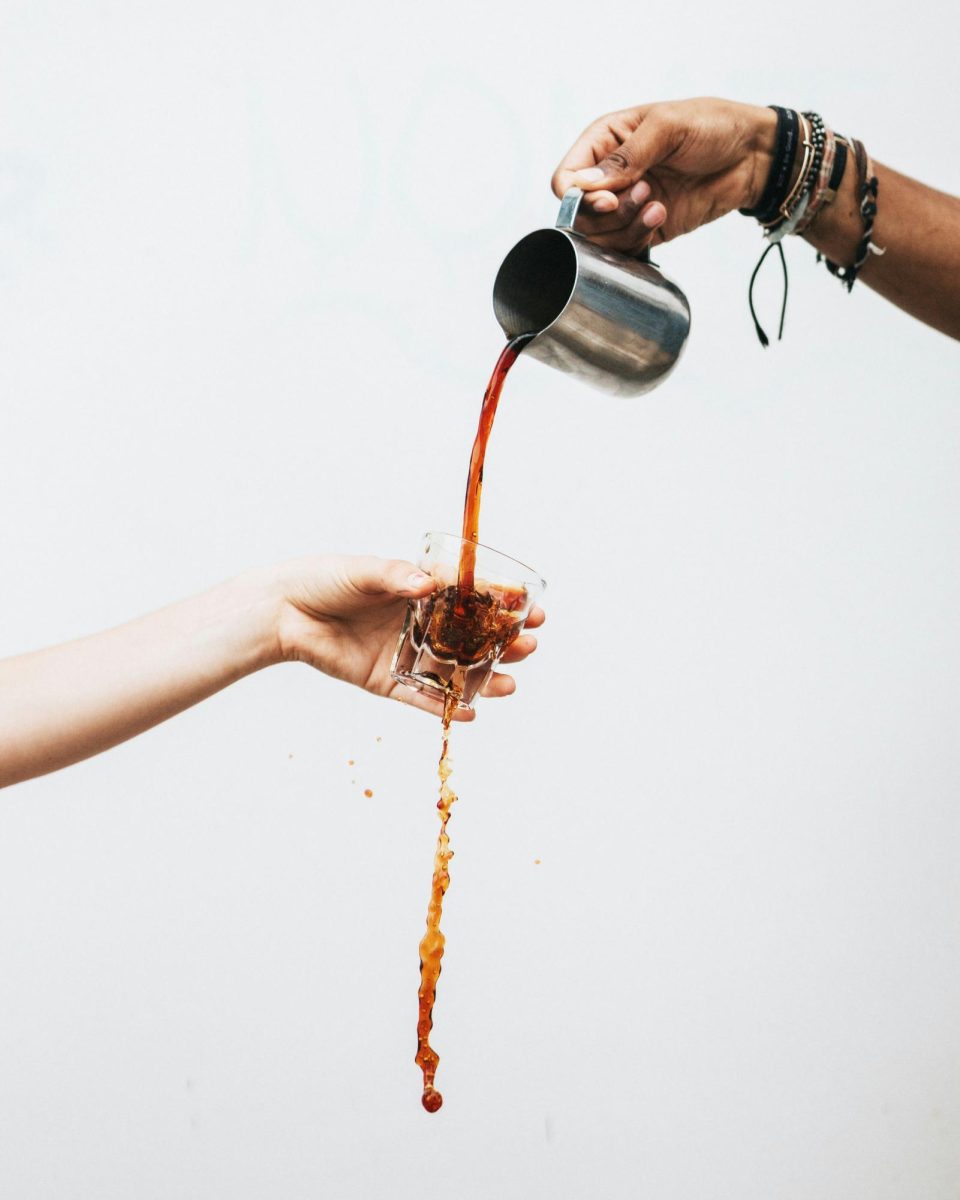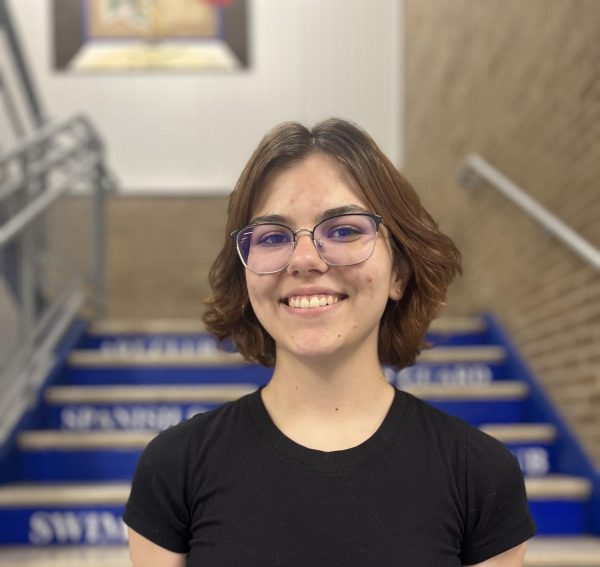Balancing a seven hour school day, clubs, sports, part time jobs, and a family/social life can be draining for any high school student. With most American high schoolers getting only seven hours of sleep a night, compared to the nine hours that medical professionals recommend, such as Nationwide Children’s Hospital, many find themselves relying on caffeine to stay afloat.
Caffeine can come in many different forms, from teas, to coffee, to energy drinks. Since caffeine is widely available and consumed, many forget that caffeine is, technically speaking, a drug—and it is therefore extremely addicting.
I will not deny that I love coffee in many different forms: hot, iced, sweetened, black, lattes, americanos, and many of the other flavors and serving styles. Additionally, I would consider myself very reliant on caffeine most of the time, specifically during the school week, when I am running off of seven hours of sleep for a 17 hour day.
However, it is no mystery to me that my copious coffee consumption may not have the best effect on my productivity and overall health, as it most likely is a contributing factor to my jitters, insomnia, and trouble focusing. Does this mean that I will be cutting out caffeine indefinitely? Absolutely not—coffee is something that I enjoy drinking and experimenting with the forms and flavors it can come in. Despite my love for coffee, I would like to not be as reliant on its effects as I believe I currently am.
For that reason, I cut out coffee (and all caffeine, for that matter) for a five day school week, and documented how it affected my life.
Day One: Monday, March 18
Surprisingly, I did not notice much of a difference in the morning—in fact, I was fairly energized. Looking back, I might have been a little overzealous and even went for a short run before I got ready for school (spoiler alert: this was later regretted, thoroughly).
Around second period, I noticed a shift: I started to get irritable and had a dull but slowly growing headache right behind my eye. Luckily, my first two periods were not very difficult or stressful, but by the time third period came around, my head was pounding, and I took Advil to calm it down.
For the rest of the day, my headache was not so bad, but I was exhausted. Mondays are by far my longest day of the week, and I found myself getting brain fog by sixth period, which was definitely not a good sign. I crawled through the rest of the day and by the time I got home, I was ready to pass out immediately.
Upon reflection, I always knew that caffeine had an impact on my mood and energy levels, but I had not been anticipating this much of a drop right off the bat.
Day Two: Tuesday, March 19
Day two of no coffee was somehow worse.
Again, waking up was not much of a struggle, but the headache was back with a vengeance. By first period and—as I later apologized to my dear friends for—I was snapping at people left and right.
Luckily, the withdrawal symptoms sort of plateaued for the remainder of the school day, and with the help of Advil and my very patient peers, I made it through.
After school on Tuesday, I had work and, though I love my job very much, my shift was a bit of a struggle to get through. I was sluggish and exhausted and really just wanted to go home and sleep for the foreseeable future.
Day Three: Wednesday, March 20
On day three, everything started to look up— the headache was not so bad and I was not quite so sluggish. Also, much to everyone’s relief, my mood was gradually improving as well. However, what I had not been anticipating was the cravings. I found that it was not even the caffeine that I wanted, but the taste of coffee itself, which was not ideal.
To suppress the cravings, I just drank water every time I was itching to get a cup of coffee, and after a while, I think I tricked my brain into thinking that they were basically the same thing anyways.
My day was not very busy, which was a nice break, especially since I felt my brain slowing down without the boost of energy that usually kept me going. Overall, day three was an interesting change of pace.
Day Four: Thursday, March 21
Day four was just about the same as day three, but I did come to a realization.
As I said before, on day three, I was much less irritable and fatigued than the first two days of my challenge—what I did not realize, however, was that I was also much less irritable and fatigued than I normally was, caffeine induced and all. I had work on Thursday after school and after my shift, I realized that I was not nearly as tired or moody as I normally would have been after a long day of school and retail.
While this change in mood and energy could be due to getting a few more hours of sleep than normal the night before, or any other number of factors, I think I can confidently say that caffeine may have been the root of a bigger problem in my daily functioning.
Day Five: Friday, March 22
Day five was a bit of a struggle. I was right at the end and was looking forward to a very large, very strong cup of coffee, and it being the very last day before spring break did not make the anticipation much better.
Since it was the last day before spring break, very few of my classes were starting or really continuing any course work, which made the brain fog much easier to deal with. I had family coming home later that night that I was looking forward to seeing, and overall, I felt pretty okay the whole day.
Reflections
Full disclosure, I have started drinking coffee again, and I did miss the quiet buzzing that it brings to my mind. However, I am happy to say that even after five days without it, I have become less reliant on coffee or caffeine in general. In the past week since I started my challenge, I have only had coffee on a handful of days and only tea on a few occasions as well.
For any fellow caffeine addicts reading, as horrible as this challenge may sound, I would personally recommend going even a day without coffee, or maybe even just cutting back a little to see how it affects you. Everyone is different and caffeine may have a greater or a lesser impact on you than it did on me, and I am grateful for what I have learned with this challenge.


